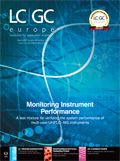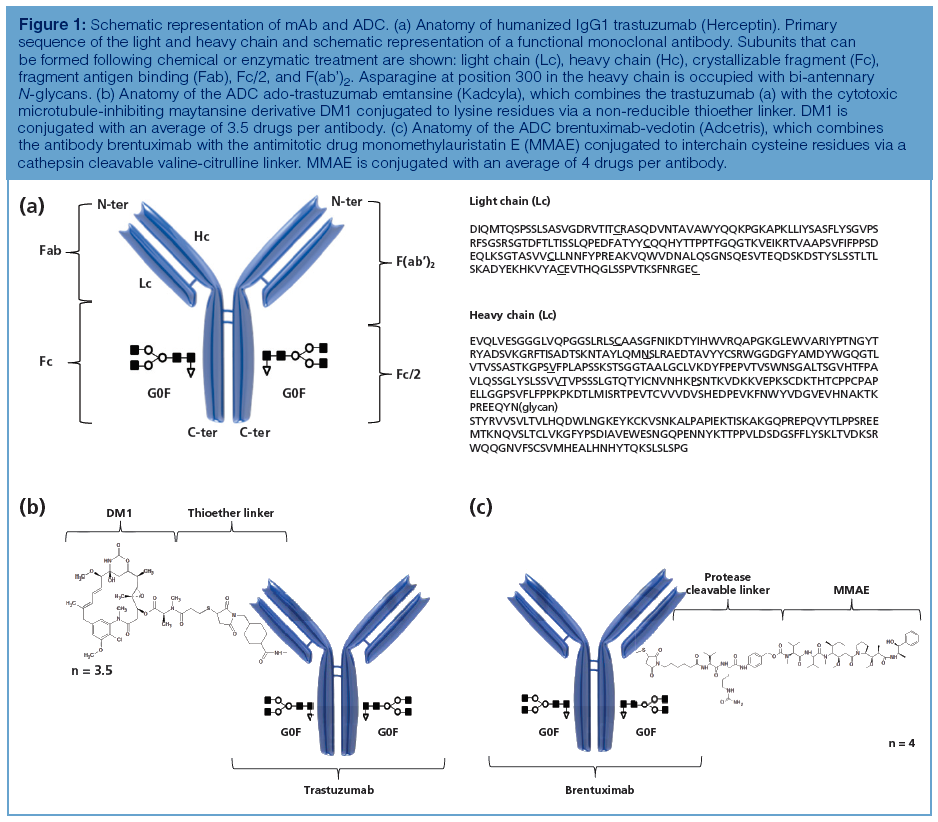The Chromatographic Society and Separation Science Group of The Royal Society of Chemistry: Emerging Separations Technologies (2017)
The second meeting of the “Emerging Separations Technologies” series, organized by The Chromatographic Society and the Royal Society of Chemistry Separation Science Group, will be held on Thursday 30 March at RSC Burlington House, Piccadilly, London.

The second meeting of the “Emerging Separations Technologies” series, organized by The Chromatographic Society and the Royal Society of Chemistry Separation Science Group, will be held on Thursday 30 March at RSC Burlington House, Piccadilly, London.
The event will allow attendees to share their practical experiences with other professionals and will provide excellent networking opportunities. The agenda is designed to provide attendees with a diverse programme of interesting topics from highly regarded international speakers and new emerging professionals. The meeting has been separated into four separate sessions spread across the day.
Pauline Rudd (NIBRT, University of Dublin, Ireland/Bioprocessing Technology Institute, AStar, Singapore) will begin the day with a presentation on modern approaches for next level glycan characterization. Pauline is working at the cutting edge of research in this area. She brings an important perspective on academic research and its application to the characterization of glycosylation, glycomics, and glycan analysis, including the automation of data acquisition and interpretation. These techniques underpin the evaluation of glycosylation for personal patient profiling and mammalian cell culture.
The next speaker in the session will be Szabolcs Fekete (School of Pharmaceutical Sciences, University of Geneva, Switzerland). Szabolcs has extensive expertise in the analysis of biopharmaceuticals using a wide range of techniques and is a coworker of Jean-Luc Veuthey and Davy Guillarme. He will discuss “Modern Separations-Based Approaches for the Characterization of Biopharmaceuticals”.
The second and third sessions will include Patrik Petersson (Novo Nordisk A/S, Måløv, Denmark), who will demonstrate the increasing importance of 2D-LC technology in industry and present on “Multiple HeartâCutting 2D-LC–MS: Application within the Bio-Pharmaceutical Industry for Determination of Related Impurities”. This will be followed by several vendor-sponsored short talks covering a wide range of topics including capillary electrophoresis–mass spectrometry (CE–MS), supercritical fluid chromatography (SFC), and advances in column technology.
Roman Szucs (Pfizer, Sandwich, UK) will open the final session and discuss the theory, advances, and applications of structure-based prediction of retention in liquid chromatography (LC). The aim is to streamline the chromatographic method development process in the pharmaceutical industry based on the prediction of chromatographic retention times from molecular structures. This talk will include workflows for several chromatographic modes. Cris Lapthorn (GSK, Stevenage, UK) will then highlight the current status and latest developments in ion-mobility spectrometry-based technologies and the ever-increasing application in a wide range of life science fields. The meeting will be closed by an equally interesting and thought provoking presentation by Apryll Stalcup (Dublin City University, Chemical Sciences Department, Ireland). Apryll will present on recent developments in separation science and discuss a new application area for high performance liquid chromatography (HPLC) that could be of interest to the pharmaceutical industry.
There will be the possibility to exhibit posters and interested presenters should submit an abstract to the organizers as soon as possible. ChromSoc student bursaries are also available for this event.
For further information on the submission of abstracts, sponsorship, or payment details e-mail: adrian.clarke@novartis.com or visit:
http://www.rsc.org/events/detail/25796/emerging-separations-technologies

A Matrix-Matched Semiquantification Method for PFAS in AFFF-Contaminated Soil
Published: April 14th 2025 | Updated: April 14th 2025Catharina Capitain and Melanie Schüßler from the Faculty of Geosciences at the University of Tübingen, Tübingen, Germany describe a novel approach using matrix-matched semiquantification to investigate per- and polyfluoroalkyl substances (PFAS) in contaminated soil.
Silvia Radenkovic on Building Connections in the Scientific Community
April 11th 2025In the second part of our conversation with Silvia Radenkovic, she shares insights into her involvement in scientific organizations and offers advice for young scientists looking to engage more in scientific organizations.












